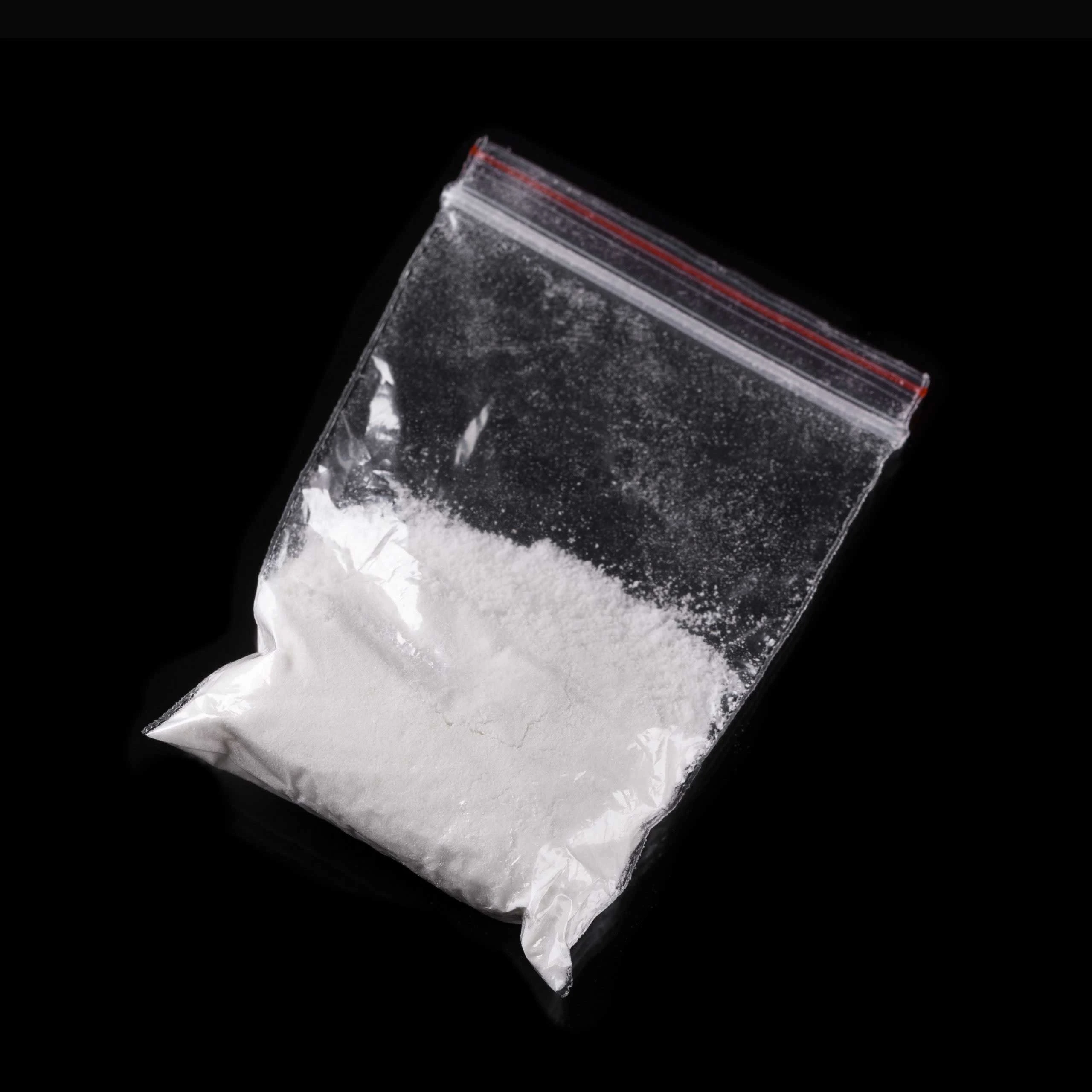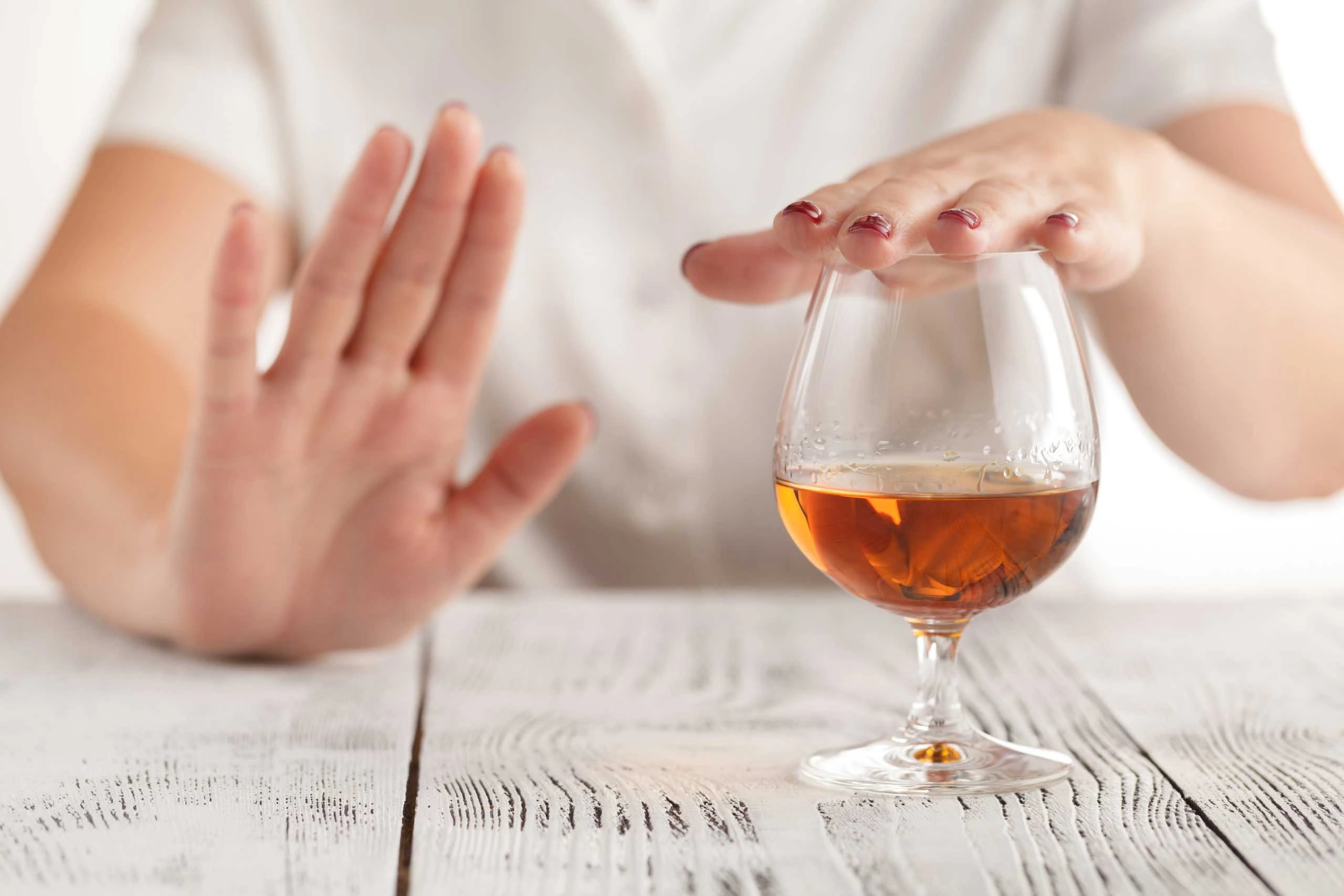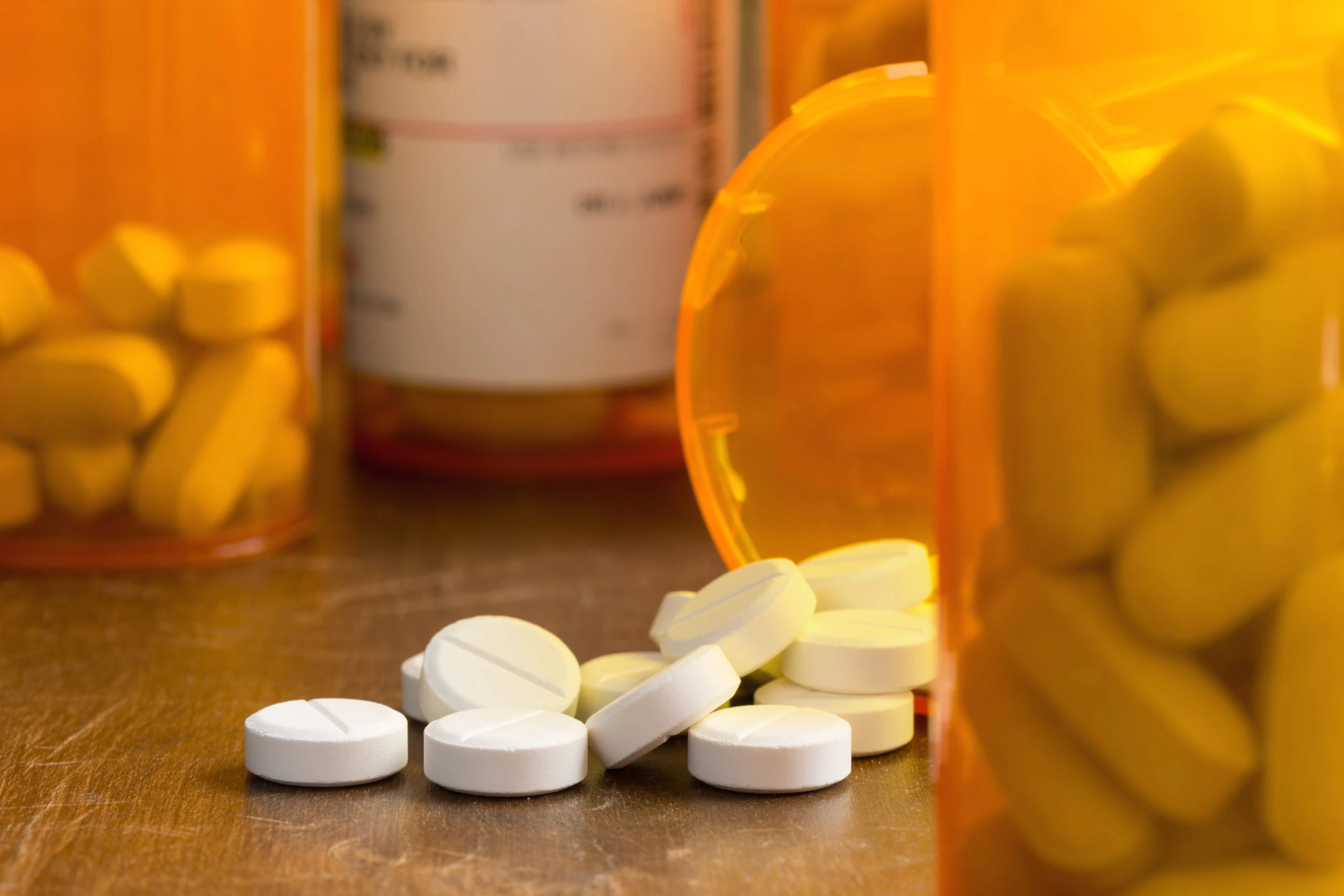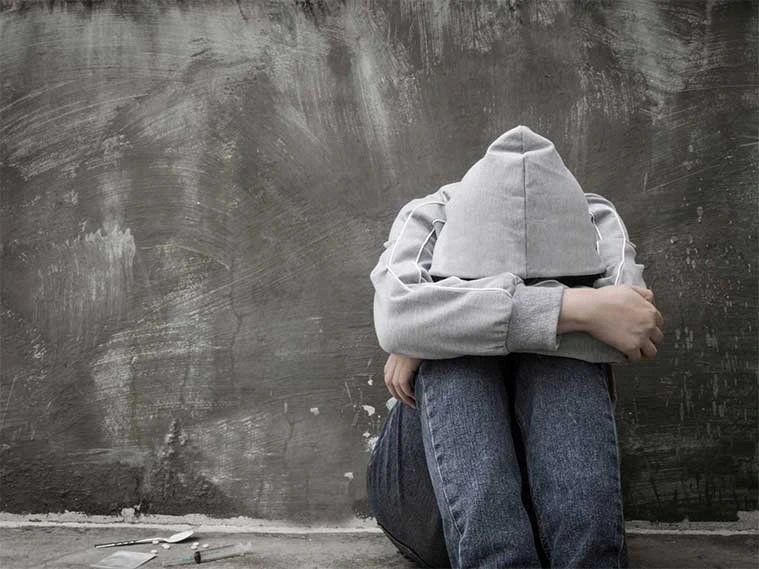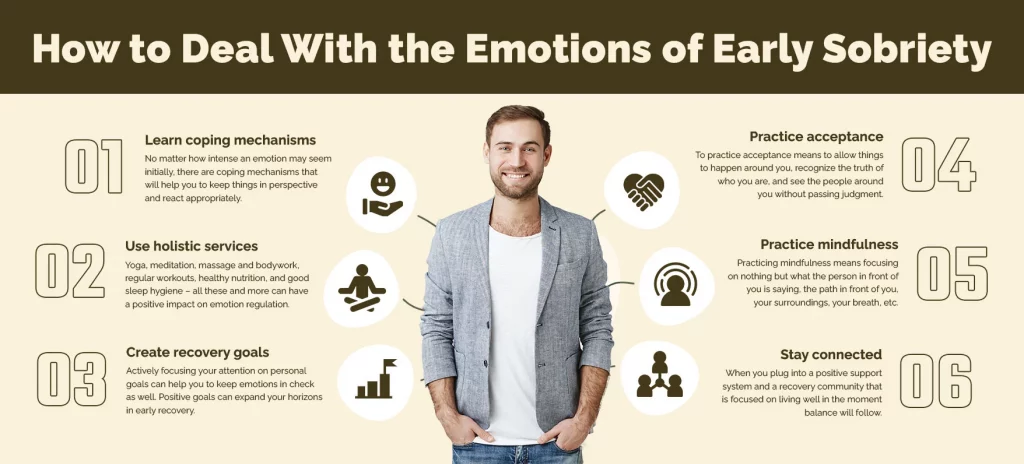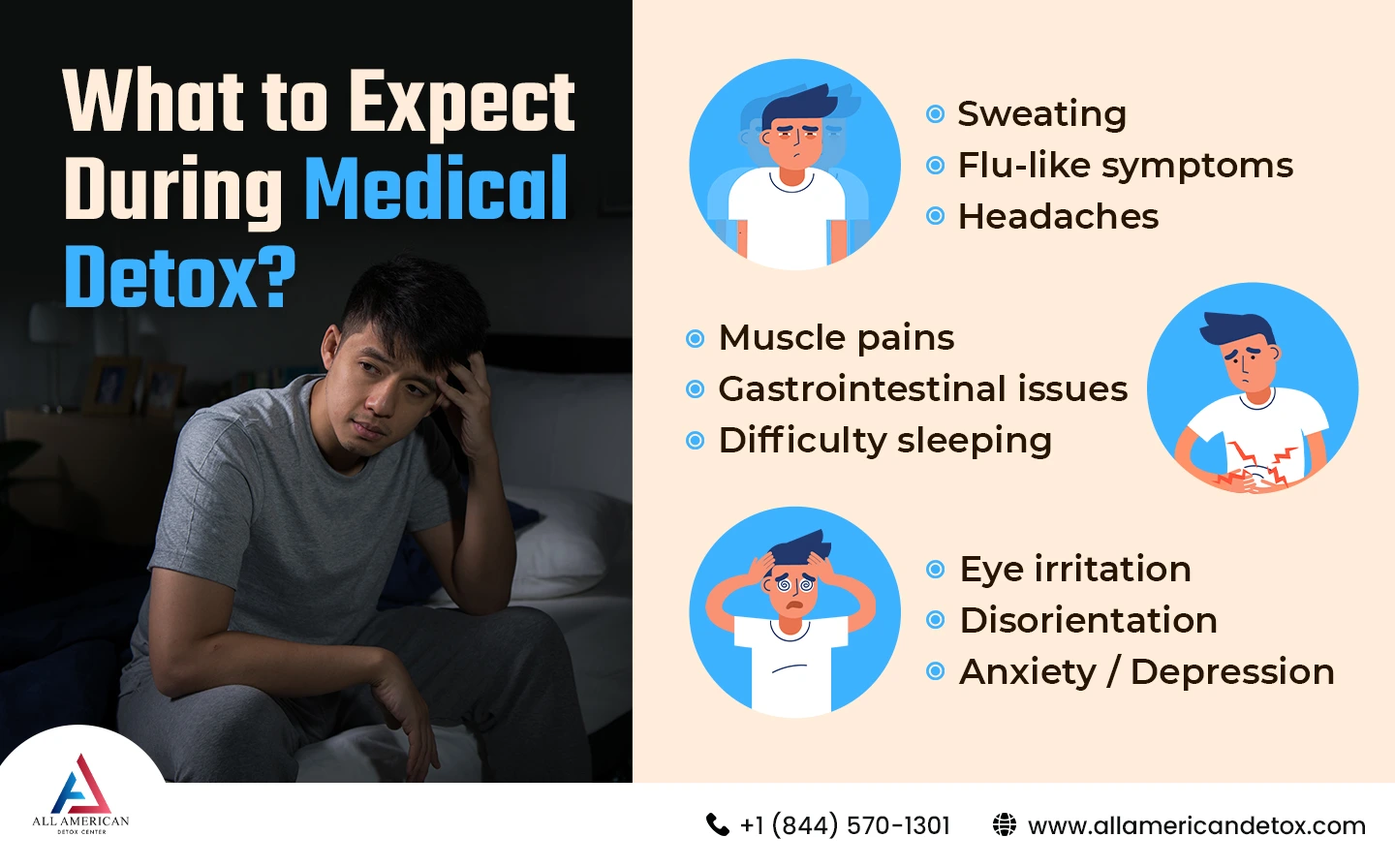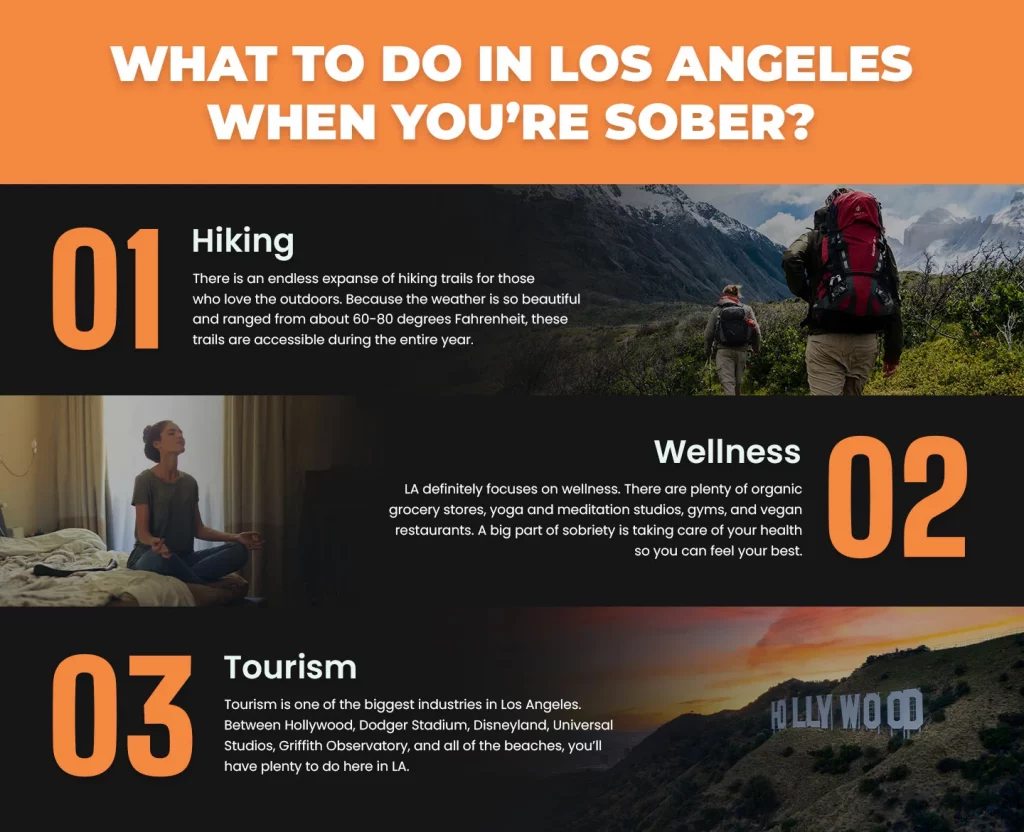Classed as a schedule II drug by the government, that alone should paint a stark picture of just how hazardous cocaine is. For those not well versed in drug scheduling, II is defined as, “drugs, substances, or chemicals are defined as drugs with a high potential for abuse, with use potentially leading to severe psychological or physical dependence. These drugs are also considered dangerous”. Cocaine Addiction
While there are medical uses for it, one being as a topical anesthetic, when used as recreational drug cocaine leads to disastrous effects.
It’s a powerfully addictive stimulant that works by flooding the brain with dopamine and providing a fleetingly brief euphoric high. The fact that it lasts a short time leads people to use it again to achieve hit those same levels of dopamine eventually leading to building up a tolerance which can quickly turn into an addiction.
If you’re struggling with cocaine addiction or know someone who is, reach out to us at All American Detox, and let’s get you the help you need.
History of Cocaine
Oddly enough, cocaine has technically been in use for millennia. The indigenous people of South America have been ingesting and chewing on coca leaves, Erythroxylon coca being the source of cocaine, for thousands of years because of their stimulant effects.
It’s essentially one of the oldest known natural stimulants and it wasn’t until the mid-19th century that a German chemist, Albert Nieman, isolated cocaine from those coca leaves.
Famed neurologist and founder of psychoanalysis, Sigmund Freud, thought cocaine to be a miracle drug and published a paper on it called “Über Coca”. What he was less aware of at the time were the addictive properties of the drug and thus ended up with addiction.
In that same era, in 1886, a drink invented by John Pemberton was just hitting the soda fountains and eventually the stores. A cocaine-infused beverage known as Coca-Cola with the cocaine itself was removed in 1903.
The 1914 Harrison Narcotics Tax Act heavily regulated cocaine and opiate products and things remained relatively quiet until the explosion of cocaine/crack cocaine in the ’70s and ’80s. From that high watermark, usage has declined quite a bit.
Cocaine Use Statistics in America
While usage is down, it’s by no means under control or at an acceptable level.
According to the National Survey on Drug Use and Health in 2014, about 913,000 Americans met the Diagnostic and Statistical Manual of Mental Disorders criteria for dependence or abuse of cocaine (in any form) during the past 12 months.
Additionally, over 1 in 3 drug misuse or abuse-related emergency department visits involved cocaine.
A 2018 study showed that by far the highest use prevalence for the drug is among those in the 18 to 25 year old demographic with 5.8% saying they’ve used in the past year.
Disconcertingly, 2.2% of high school seniors say they’ve used cocaine in the last year, and with roughly 3.7 million high school seniors in America, that works out to about 81,400 that have used cocaine.
Read about: How Long Does Cocaine Addiction Treatment Recovery Take?
How to Get Help with A Cocaine Addiction
Getting help with cocaine addiction is easier now than ever before and will hopefully get even easier as the stigma associated with addiction fades.
All treatment programs start with detox (for the most part), treating the mind and the mental aspects of addiction can’t be done in any robust way until the drug, aka toxin, is out of your body completely. From there you’d either enter an inpatient treatment program where a team of licensed professionals would develop an evidence-based program tailored to your needs.
Inpatient care focuses on counseling and group therapy to help you work through what led you to addiction and also to lay the groundwork for a life of sobriety. To equip you with the tools you need to overcome cravings and distractions and stick with recovery long term.
After that, you’d be on your way to outpatient care, a stripped-back version of inpatient care that doesn’t require a long stay, and then transitioning back to your day-to-day by way of aftercare or a sober living home. Whichever suits you best.

